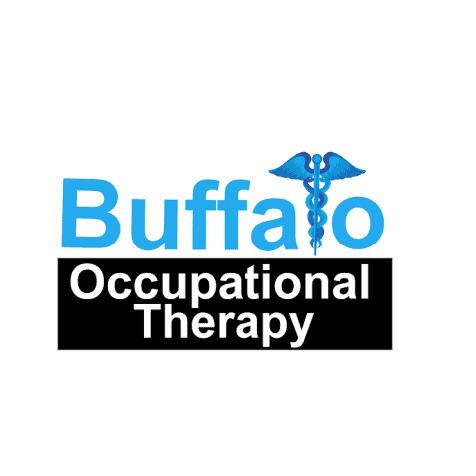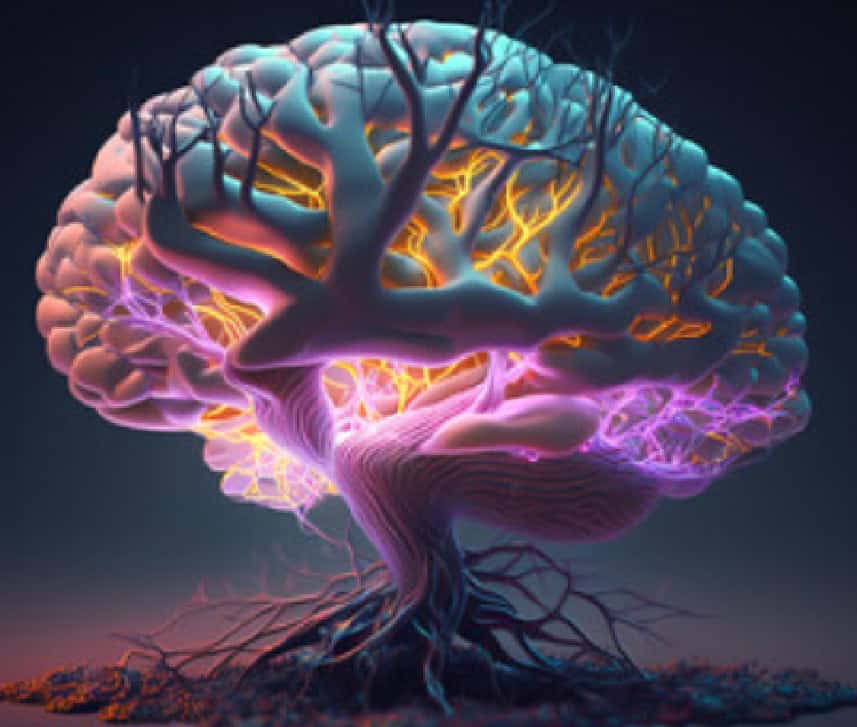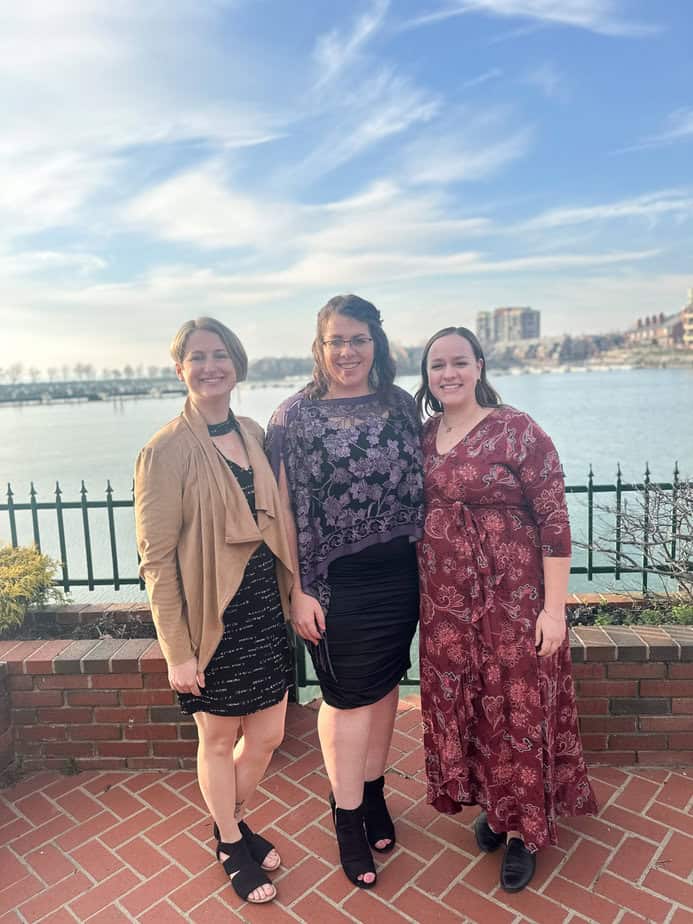Lewy Body Dementia Treatment and Management
Rehabilitation
Rehabilitation
Rehabilitation includes diagnosis education, activities for cognitive stimulation, dual-tasking, and training to help maintain motor skills.
Management
Management
Includes education on your diagnosis, immediate intervention when the decline is noted, and regular ‘staging’ appointments
Support Services and Referrals
Services and Referrals
LBD requires a team of medical providers and other community professionals. We provide help, options, and recommendations.
Progression of Lewy Body Dementia
Receiving a diagnosis of Lewy Body Dementia (LBD) can feel overwhelming, and it’s natural to want to understand what to expect. While LBD affects everyone differently, knowing the changes that may come and having the right care team by your side makes a world of difference. It’s important to stay connected with your primary neurological therapist who will remain with you throughout your journey with LBD. They can provide the right intervention, services, and support when you need them most, helping you manage symptoms and maintain the best quality of life possible as things progress.
Early Stage of Lewy Body Dementia
Memory and Focus Changes: In the beginning, you might notice some changes in your memory and attention. You could have trouble remembering recent events or staying focused during conversations. While your physical abilities may not be affected right away, these cognitive changes can still make everyday tasks feel a little more challenging.
Middle Stage of Lewy Body Dementia
Cognitive and Physical Changes: As time goes on, you might start experiencing more noticeable changes. Your thinking skills, like problem-solving or making decisions, could become harder. Along with these cognitive changes, you may also notice difficulties with movement. Walking might feel unsteady, and balancing could become harder. One thing that happens is losing the ability to walk backward, which can make simple actions like getting up from a chair tricky. Hallucinations (seeing or hearing things that aren’t there) and sleep disturbances are also common.
Late Stage Lewy Body Dementia
Severe Physical and Cognitive Challenges
In this stage, both your body and mind may be more affected. Walking and moving may require help, and you could need assistance with things like getting dressed or eating. Talking might become harder, and it can be difficult to find the right words or make yourself understood. Swallowing could also be a challenge, which makes eating and drinking something that may need extra care.
End Stage of Lewy Body Dementia
Complete Loss of Independence
By this point, you’ll need help with all daily activities, like moving, eating, and personal care. You may have trouble recognizing loved ones or speaking, and your body will require full support for basic functions. This is the stage where full-time care becomes essential to your comfort and well-being.
What is Lewy Body Dementia?
What is happening in the brain?
Lewy Body Dementia (LBD) is a condition that gradually changes the brain. To understand it better, think of the brain as a communication system with different areas responsible for various tasks, like memory, movement, and emotions. In LBD, proteins called “Lewy bodies” form in brain cells and disrupt how these parts of the brain work. These proteins are named after Dr. Friedrich Lewy, who discovered them.
Where the Proteins Form:
Lewy bodies are clumps of a protein called alpha-synuclein. Normally, this protein helps the brain function smoothly, but in LBD, it starts to misfold and clump together.
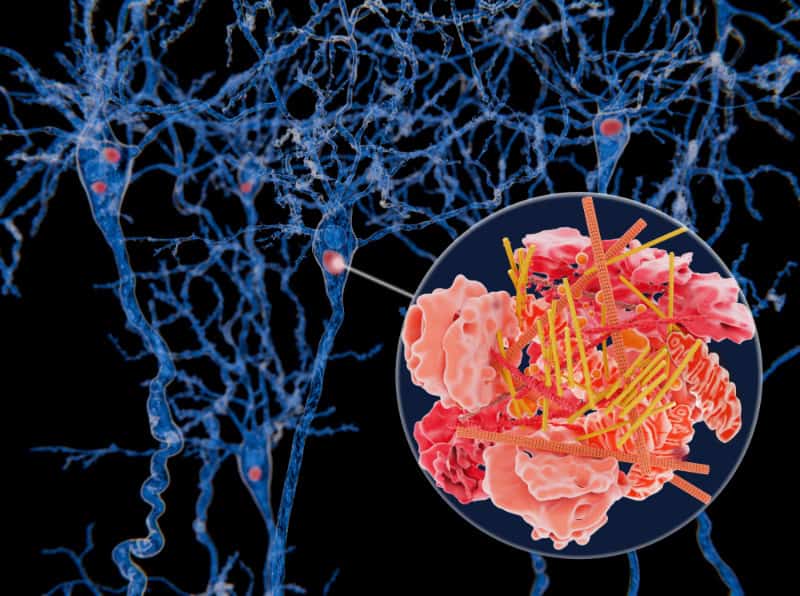
These clumps form in specific areas of the brain:
- Cortex (outer layer) – The part of the brain responsible for thinking, memory, and problem-solving.
- Midbrain (including the substantia nigra) – Linked to movement control and mood.
- Brainstem – Controls basic functions like sleep and attention.
How This Affects Brain Function:
As Lewy bodies build up, they stop brain cells from communicating properly. Imagine trying to have a conversation when the phone line keeps breaking up. The more these Lewy bodies form, the more messages in the brain get scrambled, causing problems with different abilities.
How do they diagnose it?
Diagnosing LBD can be tricky because its symptoms overlap with other conditions like Alzheimer’s or Parkinson’s disease. Doctors will typically:
- Review Your Symptoms: They will ask about changes in your thinking, movement, sleep, and mood.
- Physical and Neurological Exams: These help them check for stiffness, tremors, or other movement issues that are common with LBD.
- Cognitive Testing: You’ll likely take tests to check your memory, problem-solving, and attention. This helps doctors see how your thinking has changed over time.
- Brain Imaging: Scans like MRIs or CTs might be used to see any structural changes in your brain.
Because LBD fluctuates (some days better than others), it’s important for your doctors to monitor changes over time
What Areas of Life Are Affected?
LBD can impact many aspects of your life:
- Daily Tasks: You might notice it’s harder to do things like planning, organizing, or completing tasks that used to be simple. Even remembering instructions can be challenging.
- Movement and Balance: Walking, getting out of a chair, or using your hands for everyday activities might become more difficult as the condition progresses.
- Sleep: You might act out dreams, have restless nights, or feel very sleepy during the day, which can make daily activities harder.
- Mood and Behavior: LBD can lead to changes in mood, causing anxiety, depression, or even hallucinations (seeing or hearing things that aren’t there). These symptoms can affect how you interact with others.
Each of these areas can affect your independence, but with the right support, you can still enjoy a good quality of life.
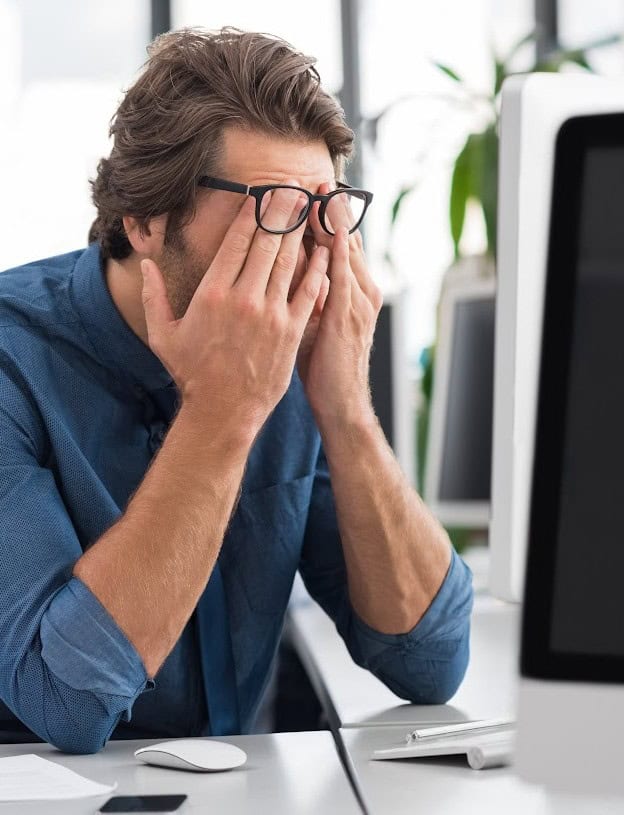
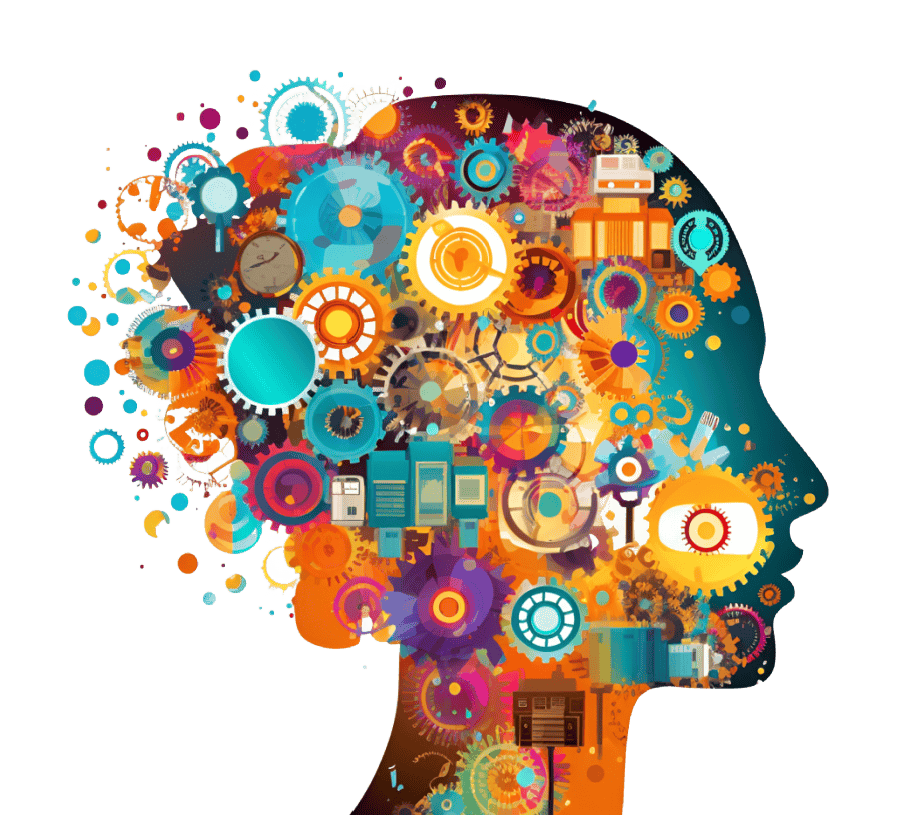
What is happening in the brain?
Even though LBD affects the brain, there are ways your brain can fight back. Here’s how:
- Brain Reserve: This is the brain’s ability to tolerate damage without showing symptoms. If you have a larger brain reserve, you might not experience as many severe symptoms early on because your brain has more “backup.”
- Cognitive Reserve: This refers to how mentally active you’ve been throughout your life (through work, education, or hobbies). A strong cognitive reserve helps your brain use alternative pathways when the usual ones are affected, keeping you functioning longer.
- Resilience and Adaptation (STAC Model): The Scaffolding Theory of Aging and Cognition (STAC) says that your brain can build new connections to work around areas affected by disease. This means that even though LBD is causing damage, your brain can “adapt” and use other areas to support thinking and memory.
- Resilience: Resilience is your ability to recover from challenges. Staying engaged in activities, socializing, and seeking therapies can strengthen your mental resilience, helping you handle the changes that come with LBD.
What can Buffalo Occupational Therapy do for Lewy Body Dementia (LBD)
Why become established with a long-term neurological therapist as soon as you are diagnosed?
+ We are a specialized, one-on-one alternative to the fast environment of typical OT and PT clinics. Working with neurodegenerative conditions since 2018 has improved our understanding of the environmental influence of neurologic conditions.
+ Be confident that you can schedule screens, evaluations, and interventions throughout your journey with LBD with providers familiar with your case.
+ Trained in psychosocial and mental health support strategies to help all individuals involved in this journey.
+ Most Importantly, we care. We care for you and our community and will do what we can do to help you.
